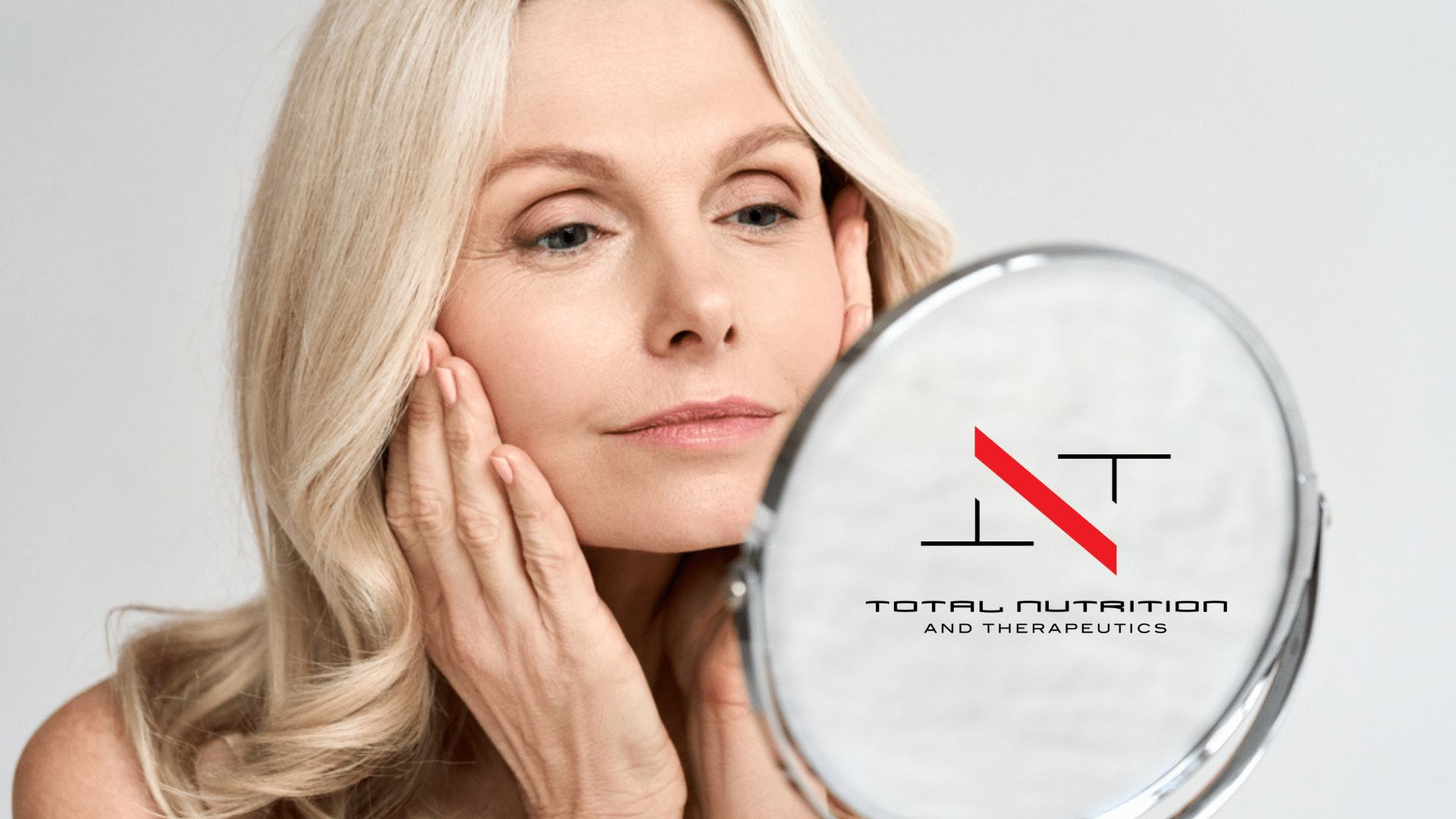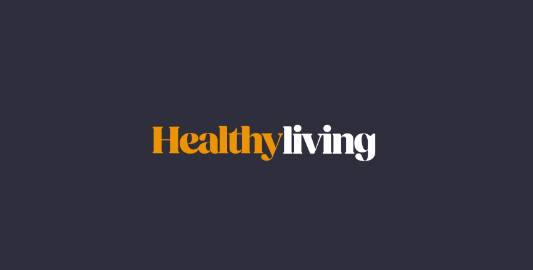2025 RESET: Begin the New Year with a Life-Changing Detox As we step into 2025,…

Revolutionizing Aging: Insights from Longevity Expert Maddie on Healthspan, Lifespan, and the Power of Mindset
In our latest episode of the Synergee podcast, we had the pleasure of hosting Maddie, co-founder of Age Wave, a visionary in the field of aging and longevity. With nearly four decades of groundbreaking research on what it means to age well, Maddie is on a mission to redefine aging—challenging outdated perspectives and encouraging people, especially women, to take control of their health and futures. Maddie’s latest book, Ageless Aging: A Woman’s Guide to Increasing Healthspan, Brainspan, and Lifespan, digs deep into the lifestyle shifts and mindset changes that empower us to live longer, healthier, and more fulfilling lives.
The Longevity Revolution: Living Longer—and Healthier—Than Ever Before
The “Longevity Bonus”
Maddie notes that today, we’re living through what she calls the “longevity bonus,” adding nearly 30 years to life expectancy within the past century alone. Back in 1900, the average life expectancy was just 47 years. By the end of the 20th century, that number rose to 78. But for women, this longevity shift comes with an added challenge: they tend to live longer than men yet often face a greater health burden in their later years.
The Challenge of Healthspan for Women
While women, on average, outlive men by about five years, they often spend the last decade or more of their lives in declining health, dealing with chronic conditions like Alzheimer’s disease, arthritis, and heart disease. Maddie emphasized that while men do tend to fare better in their later years, this gender gap in healthspan—especially for conditions like Alzheimer’s—calls for women to take active measures to improve not only how long they live but how well they age.
Malleability of Longevity: Taking Control of Your Future
The Power of Lifestyle over Genetics
One of the most empowering revelations from Maddie’s work and recent scientific research is the idea that longevity is “malleable”—meaning it can be shaped by lifestyle choices. A common belief used to be that 70% of health outcomes were dictated by genetics, leaving little room for personal control. However, new research out of Calico Labs, an Alphabet (Google) company, indicates that lifestyle and environmental factors account for as much as 80% of our health and well-being, meaning our choices matter more than our genes.
Epigenetics and the Role of Daily Habits
This finding shifts the narrative around healthspan, highlighting that daily actions, like what we eat, how much we move, and even how we think, can profoundly influence our health. Maddie points out that focusing on epigenetics—the external factors that can turn genes “on” or “off”—means we have significant power over our health trajectory, regardless of genetic predispositions.
Healthspan is Lifestyle-Driven: Building the Foundation for Aging Well
The Power of “One Change”
An important message in Maddie’s book is that small, intentional changes can have exponential benefits. For instance, improving one’s sleep hygiene by getting morning sunlight can not only enhance sleep quality but also boost energy and motivation, leading to healthier food choices and increased physical activity. This ripple effect shows how one positive change can spark a cascade of health benefits, making longevity practices accessible and impactful.
Exercise as a New Vital Sign
Strength training, which helps maintain muscle mass, is another key component of healthy aging. Muscle loss can begin as early as one’s 30s, yet building muscle is crucial for not only physical strength but also brain health, as the hippocampus—a brain region tied to memory—benefits directly from exercise.
Sleep and Circadian Rhythms
Maddie touched on the emerging science of circadian rhythms, noting that these natural biological cycles govern sleep, mood, and overall health. Simple actions, such as exposing yourself to sunlight in the morning, can dramatically improve sleep and mental well-being. This approach shows how daily rhythms play a critical role in setting the body up for long-term health.
Overcoming the Health Gender Gap: Women, Health, and Advocacy
Addressing Health Care Gaps
In discussing the systemic gaps in healthcare, Maddie highlighted how, until recently, much of medical research excluded women, meaning many health recommendations are based on male physiology. For instance, symptoms of heart disease often manifest differently in women than in men, leading to higher rates of misdiagnosis for women. Awareness of these differences—and self-advocacy—are essential for women to receive accurate diagnoses and effective care.
Women as Catalysts of Health in Families
Women make 80% of healthcare decisions for their families, a role that gives them a unique position to lead change in wellness culture. Maddie encourages women to embrace this role, not just for their own well-being but also to set an example for younger generations. By prioritizing their health, women empower themselves and inspire their loved ones to value long-term wellness.



